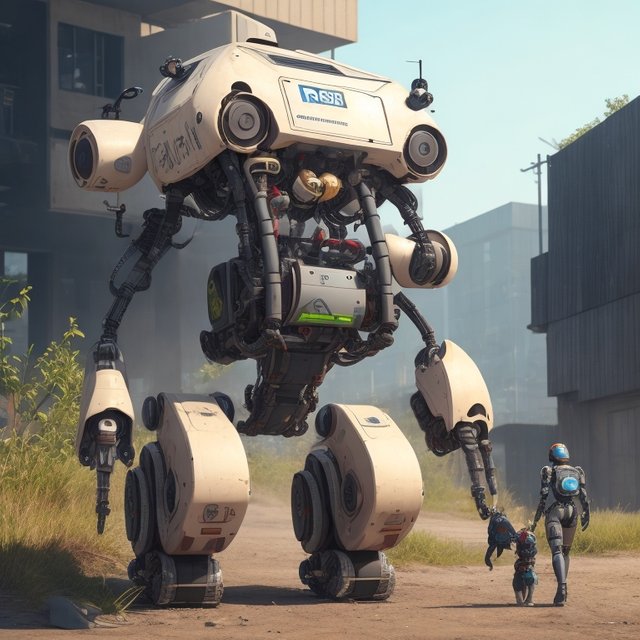Robotics, a field that has long captivated the human imagination with its promise of creating intelligent machines capable of performing tasks autonomously, is now on the precipice of a revolutionary transformation. As advancements in artificial intelligence, machine learning, and sensor technology continue to accelerate, the capabilities of robots are expanding at an unprecedented pace, blurring the lines between science fiction and reality.
While the potential benefits of robotics are undeniable, the rapid evolution of this technology raises a multitude of ethical and societal concerns that demand careful consideration. The potential for job displacement, the threat of autonomous weapons, and the implications for human autonomy are just a few of the critical issues that must be addressed before we wholeheartedly embrace the robotic future.
Job displacement and economic disruption
One of the most pressing concerns surrounding robotics is the potential for job displacement, as robots become capable of performing tasks that were previously considered the exclusive domain of human workers. This is particularly worrisome in industries such as manufacturing and logistics, where repetitive and physically demanding tasks are prevalent.
While automation has historically led to economic growth and productivity gains, the pace of technological change in robotics is far outpacing society's ability to adapt. The risk of widespread job losses and economic disruption cannot be ignored, and proactive measures must be taken to mitigate the negative impacts on workers and communities.
The rise of autonomous weapons
The development of autonomous weapons systems (AWS), also known as "killer robots," is another significant ethical and security concern. These weapons, capable of selecting and engaging targets without human intervention, raise serious questions about accountability, control, and the potential for unintended consequences.
The use of AWS could fundamentally alter the nature of warfare, lowering the threshold for conflict and making it easier for countries to engage in hostilities without risking the lives of their own soldiers. The potential for misidentification, targeting errors, and collateral damage is also a major concern.
The erosion of human autonomy
The increasing prevalence of robots in various aspects of our lives raises questions about the potential for human autonomy to be eroded. As robots become more sophisticated and integrated into our daily routines, there is a risk that we may become overly reliant on these machines, diminishing our own decision-making abilities and critical thinking skills.
The ethical implications of delegating decision-making to algorithms and artificial intelligence cannot be overstated. We must strive to maintain a balance between technological advancement and human agency, ensuring that robots serve to augment human capabilities rather than replace them.
Navigating the path forward
The future of robotics holds immense promise for improving efficiency, productivity, and the quality of life in many areas. However, it is crucial to approach this technological revolution with caution and foresight, addressing the ethical and societal concerns that arise from the rapid development of these powerful machines.
Open dialogue and collaboration among policymakers, scientists, ethicists, and the public are essential to ensure that the development and deployment of robotics align with our values and aspirations. We must establish clear guidelines and regulations to govern the use of robots, ensuring that they are used for the benefit of humanity, not to its detriment.
The future of robotics is not set in stone; it is a path we must actively forge, guided by ethical principles, societal considerations, and a commitment to responsible technological development. By carefully navigating this uncharted territory, we can harness the power of robotics to enhance our world while preserving what makes us uniquely human.
